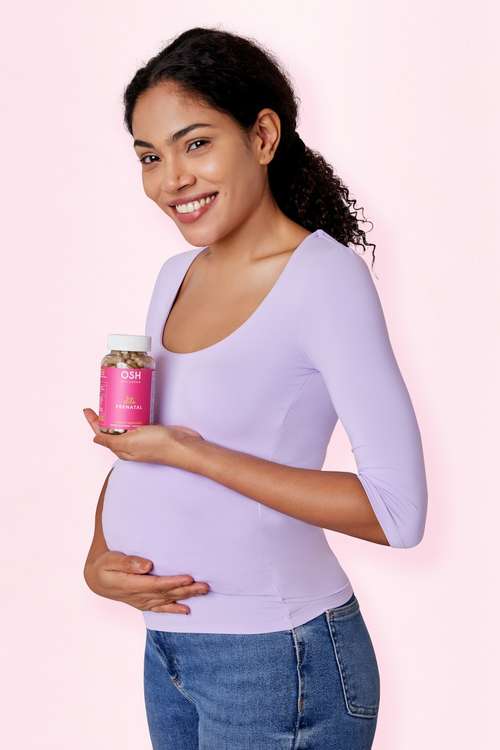Menstruation is a very complex subject as there is no standard for it since different women experience different changes during their period.
Understanding these differences is important for women to manage their health and how they can work around these changes.
Some women feel pain; some don't. Some feel bloated and find it difficult to carry themselves, while others are still agile.
Looking at this, it comes with a lot of struggles and changes in the body system like cramps, fatigue, and bloating.
Many women find it difficult to go on with most of their unavoidable daily tasks because of their period. Therefore, considering exercise during their period might be the last thing on most women’s minds, and they barely consider it at all.
But if you have ever considered hitting the gym while on your period and the varying changes that may happen to your body when you do, this article will provide proven insights into why you should continue or stop.
Attempting to exercise during your period is an effective way to minimize common symptoms like mood swing, bloating, and cramps.
Low-intensity exercise for period cramps, like walking or yoga, helps. What you have to do first is to understand your body and how you feel during your period.
You also have to be conscious of when it is right to carry out the training, and the time you need to rest and recuperate.
Learning to listen to your body and understand how your period affects your energy levels, endurance, and strength can help you adjust your training and workout schedules to be at your best.

Working out | Mr Lee/Unsplash
Here is a list of things you can do during your period that will make your exercise more effective during your menstrual cycle.
1. STAY HYDRATED.
During your period, your metabolic rate increases thereby creating a rise in temperature which can affect the flow of your exercise. So when exercising during your period, make sure to stay hydrated.
2. CORRECT INTAKE OF NUTRIENTS
Apart from staying hydrated, you must ensure that your nutrient intake is correct especially for people who take part in endurance sports and cannot stop their training at this time.
A higher level of carbohydrates or even a higher level of sugar in diet is required. This serves as an energy boost for the exercise you are going for.
3. INCREASED IRON NEEDS
Due to the loss of blood during this time, there is always a high probability of iron loss which leads to iron deficiency.
In order to prevent this, food and diet should be taken seriously. The best sources of iron are animal sources, red meat, fish, and egg yolk. Pulses, green leaves, and nuts are plant sources of iron.
Iron supplements can also be taken.
Taking these into consideration, will help you to be more fit for your training and exercise. One thing, again that you must never ignore is your body. When you need a break, do well to relax.




